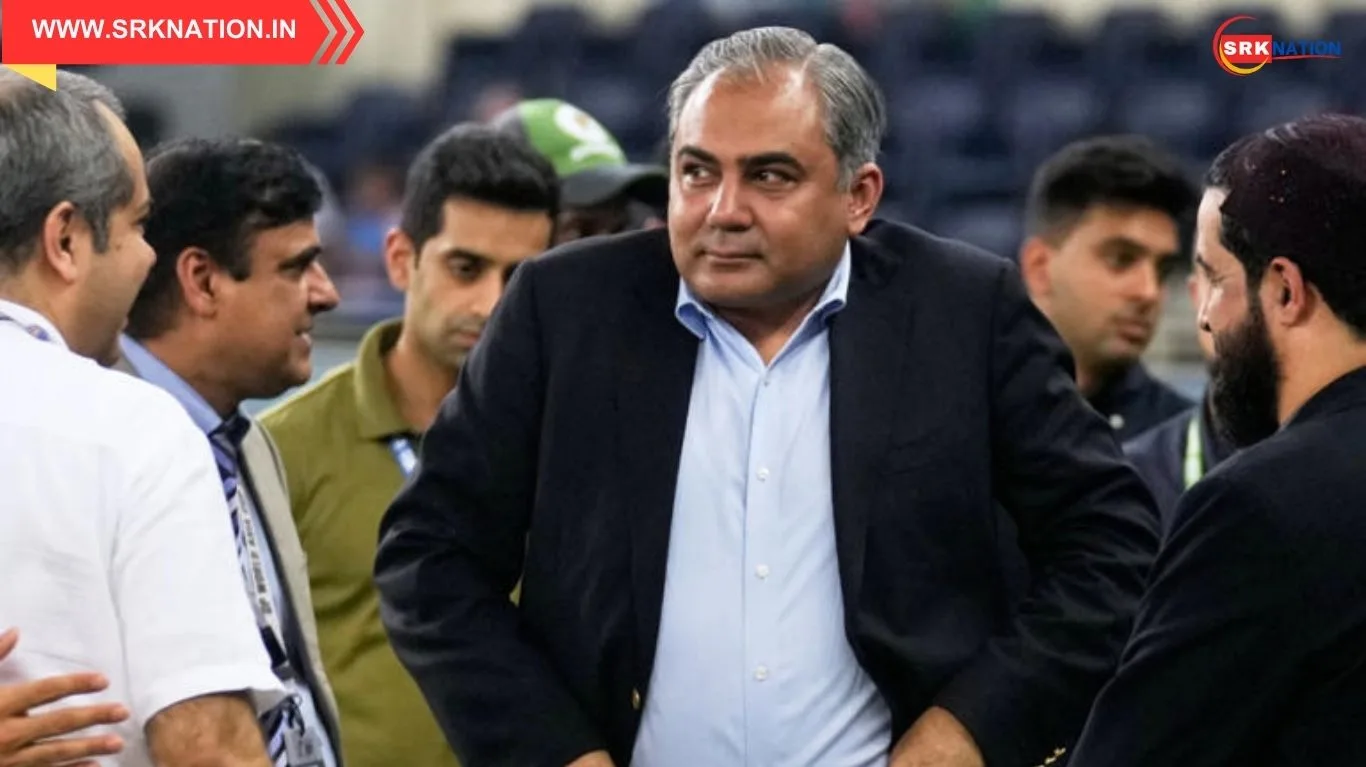In yet another pulsating day of cricket at Lord’s, India and England found themselves embroiled in subtle mind games, spirited sledging, and tactical mimicry that highlighted the psychological warfare defining this ongoing Test series. Indian pacer Akash Deep grabbed headlines for imitating England opener Zak Crawley’s batting trigger movements, while England captain Ben Stokes’ sarcastic claps directed towards KL Rahul added a layer of drama to an already tense atmosphere.
Akash Deep Copies Zak Crawley’s Tactics
During a crucial passage of play on Day 4, Akash Deep stunned viewers and commentators alike when he mockingly mirrored Zak Crawley’s characteristic pre-delivery shuffle and trigger movements. Crawley, known for his wide stance and subtle foot adjustments before release, has been a thorn in India’s plans throughout the series.
Akash Deep, who was handed the new ball in the second innings, walked up to his bowling mark, then mimicked Crawley’s shuffling movement before his run-up, drawing laughter from his teammates and loud cheers from the Indian contingent at Lord’s.
This theatrical move was not merely jest but underlined India’s frustration with Crawley’s composed technique against their seamers. Crawley, unfazed, simply smiled back, adjusted his helmet strap, and got ready for the next ball.
Former England pacer Steve Harmison, commentating live, called it “cheeky and classic subcontinental humour that spices up the contest further.”
Ben Stokes Targets KL Rahul With Sarcastic Claps
If Akash Deep’s antics entertained, Ben Stokes’ behaviour sparked debates about spirit of cricket and gamesmanship. In the second session, when KL Rahul was batting patiently to rebuild India’s innings after quick wickets, Stokes engaged in slow, sarcastic claps each time Rahul left deliveries or blocked stoically.
This move by Stokes appeared to be an attempt to get under Rahul’s skin, urging him to play more shots on a pitch that was offering variable bounce. The Indian vice-captain, however, ignored the mock applause and continued with his disciplined approach, showcasing his mental fortitude.
After the match, Stokes was asked about his claps during the press conference. His reply:
“Just trying to make it entertaining for the crowd. That’s what we’re here for, isn’t it?”
His words, delivered with trademark dry English wit, did not escape criticism. Several former cricketers felt that such gestures bordered on disrespect, while others praised Stokes for bringing competitive edge back to modern Test cricket.
Drama At Lord’s: Recent Flashpoints
The Lord’s Test in this series has now seen multiple incidents of tension between players:
| Incident | Player(s) Involved | Description |
|---|---|---|
| Crawley’s wide stance mimicry | Akash Deep, Zak Crawley | Akash Deep copies Crawley’s trigger movement before run-up |
| Sarcastic claps | Ben Stokes, KL Rahul | Stokes claps mockingly after Rahul leaves/blocks balls |
| Heated exchange on Day 3 | Ollie Robinson, Shubman Gill | Robinson’s send-off words after Gill’s dismissal |
| No-ball drama | James Anderson, Rohit Sharma | Anderson oversteps after having Rohit caught behind |
This table captures the psychological chess between both sides, adding narrative depth to the cricketing contest itself.
Akash Deep’s Growing Confidence
Akash Deep’s on-field humour reflects his increasing confidence as a newcomer in the Indian Test setup. With his consistent ability to extract seam movement and bowl tight lines, he has become an effective third seamer option behind Jasprit Bumrah and Mohammed Siraj.
Experts noted that such mimicry, while playful, also reflects a bowler’s psychological edge over a batter. Crawley may have handled it well, but Akash Deep’s tactic was appreciated within the Indian camp for keeping spirits high on a flat day.
KL Rahul: Calm Amidst Chaos
KL Rahul’s gritty innings of 44 off 127 balls was crucial in stabilising India after early setbacks. His refusal to react to Stokes’ claps displayed the temperament that makes him an invaluable asset in challenging overseas conditions.
Rahul later spoke to the host broadcaster:
“These things don’t matter. It’s Test cricket. Words, claps, gestures – you have to focus on the ball. I love the contest.”
His statement summed up the Indian approach under Dravid-Rohit leadership – composure over confrontation.
Reactions From Former Players
The incidents sparked widespread reactions:
- Michael Vaughan: “This is what makes Test cricket beautiful. The small battles within the war.”
- Sanjay Manjrekar: “Akash Deep has shown courage to back up his mimicry with good bowling. Stokes, as always, brings theatre.”
- Nasser Hussain: “Ben Stokes was borderline disrespectful with the claps. He knows how to play mind games.”
England’s Tactical Sledging Under Scrutiny
England under Stokes and McCullum has embraced a brand of cricket that is aggressive not just in strokeplay but also in mental tactics. Critics argue that while sledging and humour are part of the game, sarcasm or gestures targeted at individuals can blur lines of decency.
However, supporters believe that Stokes’ approach is intended to create pressure and entertainment, which is critical to attract new audiences to Test cricket in an era dominated by T20s.
Series Context And Next Test
The series currently stands tantalisingly poised, with England seeking to level it and India eyeing a historic away win. As the cricketing caravan moves to Headingley for the next Test, mind games are expected to intensify.
| Match | Venue | Dates | Result |
|---|---|---|---|
| 1st Test | Trent Bridge | India won | By 7 wickets |
| 2nd Test | Edgbaston | England won | By 4 wickets |
| 3rd Test | Headingley | Upcoming | TBD |
Conclusion: Cricket’s Theatre Continues
The Lord’s Test reaffirmed why cricket is as much a mental battle as a physical and technical one. Akash Deep’s mimicry of Crawley, Ben Stokes’ sarcastic claps at Rahul, and their individual responses to these theatrics highlight the psychological subplots that make Test cricket timeless.
Fans can expect more drama, tactical sledging, and sporting theatre as the series progresses. As cricket continues to evolve with T20 razzmatazz, such old-school mind games keep the purest format rooted in its core essence – a test of skill, temperament, and human character.
Disclaimer: This article is for informational and analytical purposes only. It does not intend to criticise any player’s on-field behaviour beyond reporting sporting events and public statements as witnessed during the Test match.











